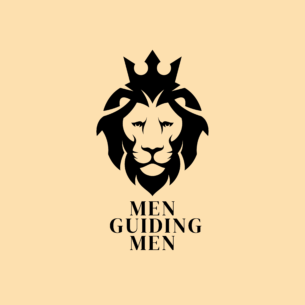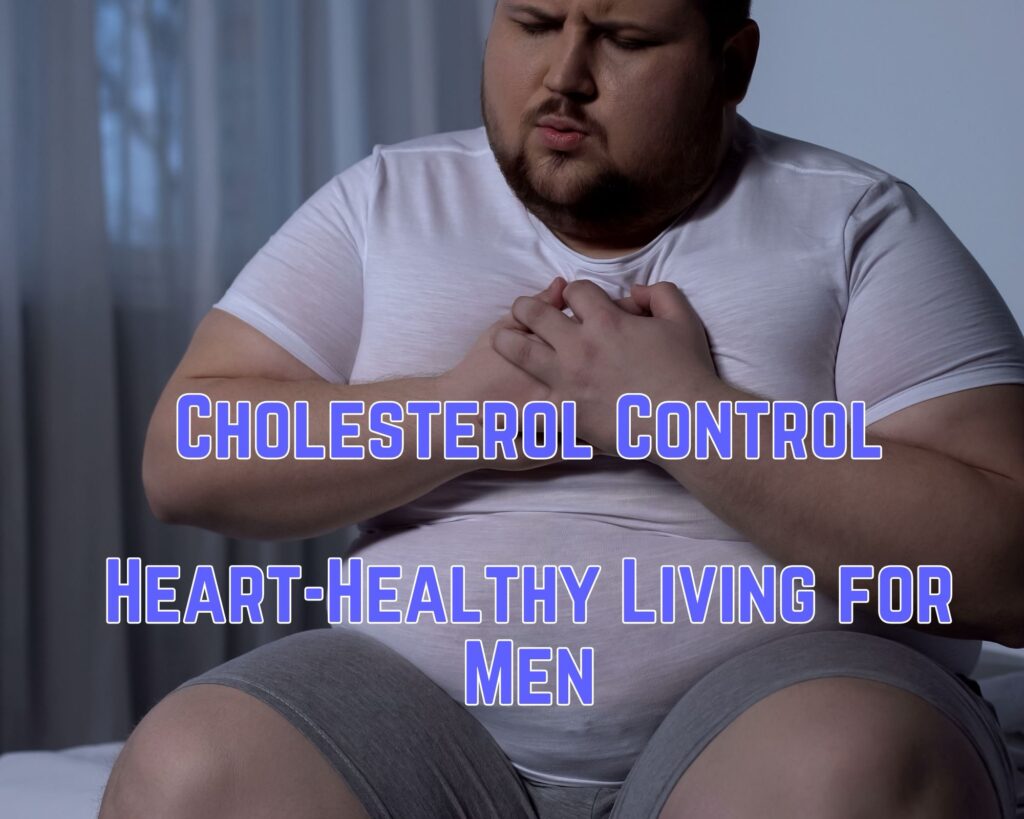
Navigating the Waters of High Cholesterol in Men
In the health odyssey that is life for the modern man, high cholesterol emerges as one of those stealthy adversaries—often silent but potentially deadly. It’s like that quiet villain in movies who doesn’t make much noise but poses a significant threat. For men, particularly as they age, wrestling with high cholesterol levels becomes a critical battle, one where the stakes are as high as the heart’s well-being and longevity.
Why does this matter? Well, high cholesterol, especially when left unchecked, can lay the groundwork for heart disease, the leading cause of death for men in many parts of the world. But here’s the kicker—despite its menacing presence, high cholesterol can be managed, and the risk of heart disease significantly reduced, through informed, proactive steps.
This journey into the world of cholesterol management is more than just a science lesson; it’s a call to action. It’s about understanding the enemy (cholesterol in all its low-density lipoprotein glory) and rallying the troops (that’s you and your healthcare team) to fortify your defenses (your heart and arteries). From recognizing the signs of high cholesterol and understanding your risk factors to making lifestyle changes that pack a punch against this silent adversary, this article aims to arm you with the knowledge and tools you need.
So, whether you’re here because a recent doctor’s visit has you concerned about your cholesterol levels, or you’re just proactive about maintaining your heart health, you’re in the right place. Let’s embark on this quest together, exploring effective strategies for managing cholesterol levels, embracing heart-healthy living, and ultimately, steering the ship of your health towards safer waters. After all, in the grand adventure of life, ensuring your heart is in top shape means you’re ready for whatever epic journeys lie ahead.

What Men Need to Know
Signs of High Cholesterol and Risk Factors
Contrary to the dramatic flair of many health conditions that announce their presence with unmistakable symptoms, high cholesterol is more of a silent lurker. It typically doesn’t wave red flags or sound alarms until significant damage is done. This is why it’s often dubbed a “silent killer.” But don’t let its stealthy nature fool you; the impact of unchecked high cholesterol is anything but silent, contributing to the buildup of plaque in arteries and setting the stage for heart disease.
For men, certain factors elevate the risk of high cholesterol: a diet rich in saturated fats, a sedentary lifestyle, smoking, excessive alcohol use, and a genetic predisposition to high cholesterol levels. Age also plays a crucial role; as men get older, the risk of cholesterol-related heart issues increases.
Deciphering Cholesterol Readings
Understanding your cholesterol readings is like decoding a secret message about your health. A lipid panel, part of a routine blood test, reveals your cholesterol levels, including:
- LDL (Low-Density Lipoprotein): Often dubbed the “bad” cholesterol, high levels of LDL can lead to plaque buildup in your arteries.
- HDL (High-Density Lipoprotein): Known as the “good” cholesterol, HDL helps remove LDL from your arteries.
- Triglycerides: Elevated levels can further increase the risk of heart disease.
- Total Cholesterol: A sum of your LDL, HDL, and 20% of your triglyceride level.
Healthy cholesterol levels can vary, but generally, LDL should be low, HDL high, and triglycerides within moderate limits. Understanding these numbers is pivotal for taking action to manage your cholesterol effectively.
Armed with this knowledge, men are better positioned to navigate their health journey, making informed decisions that keep the silent threat of high cholesterol at bay. In the next sections, we’ll dive into lifestyle changes and strategies that can turn the tide against high cholesterol, ensuring your heart health is nothing short of victorious.
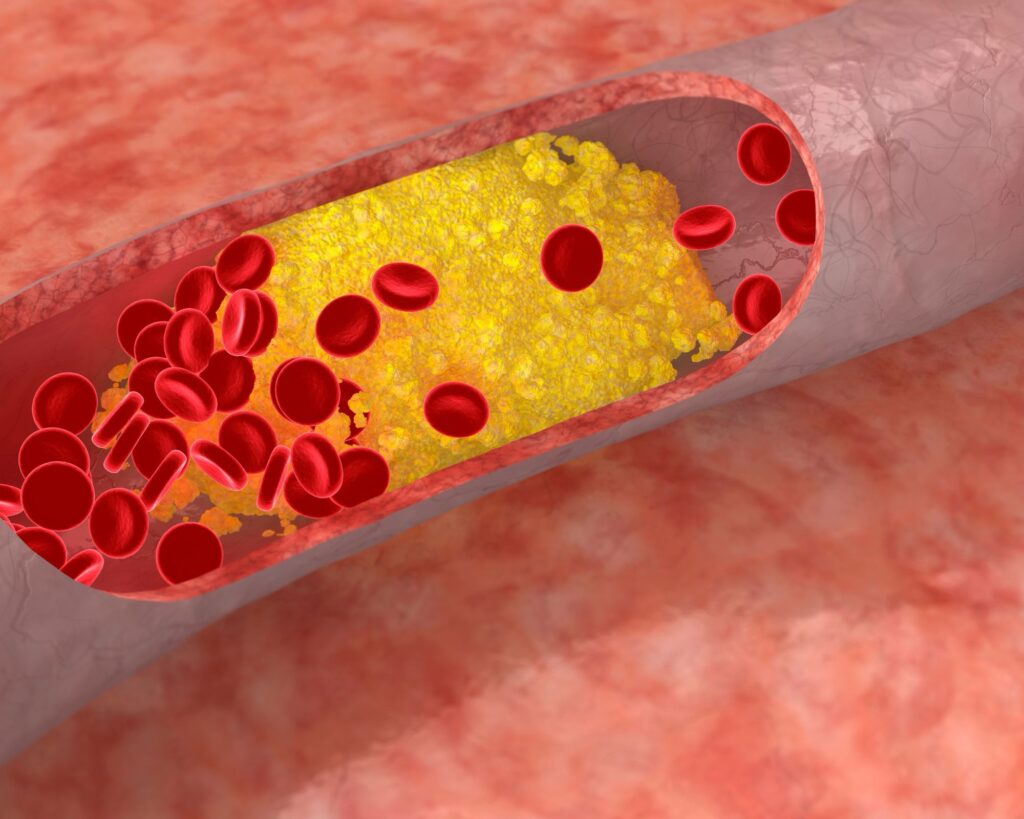
Lifestyle Changes for Effective Cholesterol Management
Embarking on a mission to manage high cholesterol isn’t just about dodging dietary bullets; it’s a holistic approach to revamping your lifestyle. It’s like recalibrating your internal GPS to ensure you’re on the fastest route to Heart-Healthy Town. Here’s how you can put the pedal to the metal and make meaningful changes.
Diet for High Cholesterol: Foods to Embrace and Avoid
Your diet has a direct line to your cholesterol levels. Imagine your body as a high-performance vehicle. You wouldn’t fuel it with anything less than premium, right? Similarly, your diet should be rich in foods that naturally combat high cholesterol:
- Load up on fiber: Think of soluble fiber as your cholesterol’s kryptonite. Found in oats, fruits, beans, and vegetables, it helps reduce the absorption of cholesterol in your bloodstream.
- Choose healthy fats: Not all fats are villains. Monounsaturated and polyunsaturated fats—think avocados, olive oil, and fish rich in omega-3 fatty acids—can improve your cholesterol levels.
- Say goodbye to trans fats: These are the true antagonists in your cholesterol saga. Often lurking in processed foods, they can skyrocket your LDL levels.
Exercise and Cholesterol Reduction: Finding the Right Balance
Regular exercise is like your body’s dynamic defense system against high cholesterol. You don’t need to be a marathon runner or a gym rat; even moderate physical activities like brisk walking, cycling, or swimming for 30 minutes a day can make a substantial difference. Exercise helps boost your body’s HDL levels, effectively putting the brakes on cholesterol’s harmful effects.
The Impact of Alcohol and Stress on Cholesterol Levels
In the cocktail of life, moderation is key. While a little alcohol might have some heart health benefits, excessive drinking can tip the scales the wrong way, affecting your liver’s ability to regulate cholesterol. Similarly, chronic stress can rev your body’s engine in the worst way, leading to unhealthy coping mechanisms like overeating or reaching for those high-trans-fat comfort foods. Managing stress through meditation, hobbies, or exercise can help keep your cholesterol levels—and your overall health—in check.
Implementing these lifestyle changes isn’t about flipping your life upside down overnight. It’s about making gradual adjustments that steer you toward healthier choices, transforming not just your cholesterol levels but your overall well-being. In the next sections, we’ll explore the medical side of cholesterol management, offering insights into natural remedies and medications that can help you maintain control over your cholesterol and ensure your health journey is on the right track.
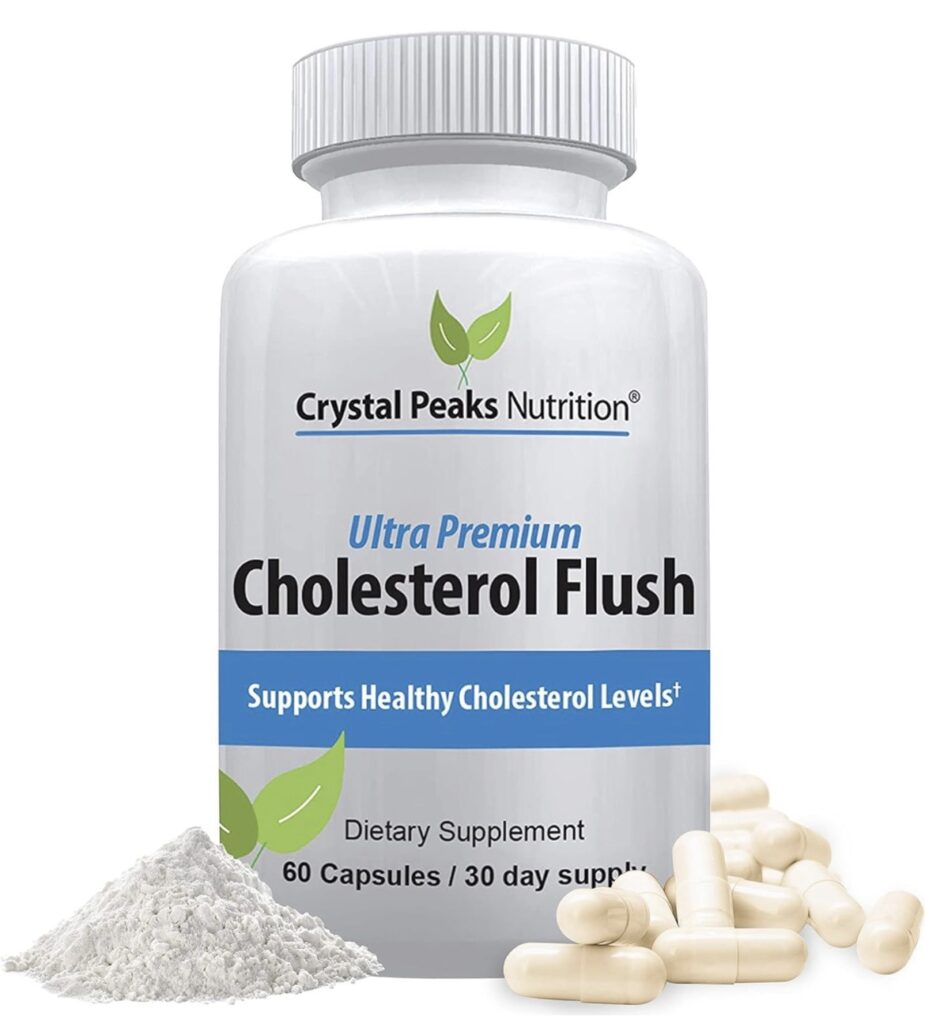
Natural and Medical Solutions for Cholesterol Control
In the quest to manage high cholesterol, sometimes lifestyle changes alone don’t quite hit the mark on the cholesterol scoreboard. That’s where the cavalry comes in: medical solutions and natural supplements. Picture these as your secret weapons, ready to give you that extra edge in the battle against high cholesterol.
Exploring Cholesterol Medications and Natural Remedies
The pharmaceutical world offers a roster of cholesterol-lowering medications, known as statins, that work by blocking the substance your body needs to produce cholesterol. But before you jump on the medication bandwagon, it’s crucial to have a heart-to-heart with your healthcare provider. Together, you can determine if medication is your best move, considering your overall health and cholesterol goals.
Parallel to the world of prescription meds, natural remedies have taken the spotlight, offering a more holistic approach to cholesterol management. Supplements like the Standard Process Cyruta Plus (find it here) and CRYSTAL PEAKS NUTRITION Cholesterol Supplement (available here) harness the power of whole foods and natural ingredients to support healthy cholesterol levels and optimal circulation.
Preventing Heart Disease: A Comprehensive Approach
Remember, the ultimate goal of managing high cholesterol is to keep heart disease at bay, ensuring you live a long, vigorous life. This means adopting a comprehensive approach that marries lifestyle changes, potential medication, and natural supplements with regular health check-ups. Keeping a close eye on your cholesterol levels through routine screenings can help catch any changes early, allowing you to adjust your strategy as needed.
Embracing this multifaceted approach not only puts you in the driver’s seat in managing your cholesterol but also empowers you to take proactive steps towards a healthier heart. It’s about making informed decisions that align with your health objectives and values, ensuring that your journey towards cholesterol control is both effective and aligned with your lifestyle.
As we venture into the final stretches of our journey, it’s clear that managing high cholesterol is a multifaceted challenge, requiring a blend of knowledge, lifestyle adjustment, and sometimes, medical intervention. The road might seem long, but with the right tools and a determined spirit, achieving optimal heart health is within reach. In our concluding section, we’ll reflect on the holistic health considerations for men, tying together the threads of cholesterol management, overall wellness, and the pursuit of a balanced, healthy life.
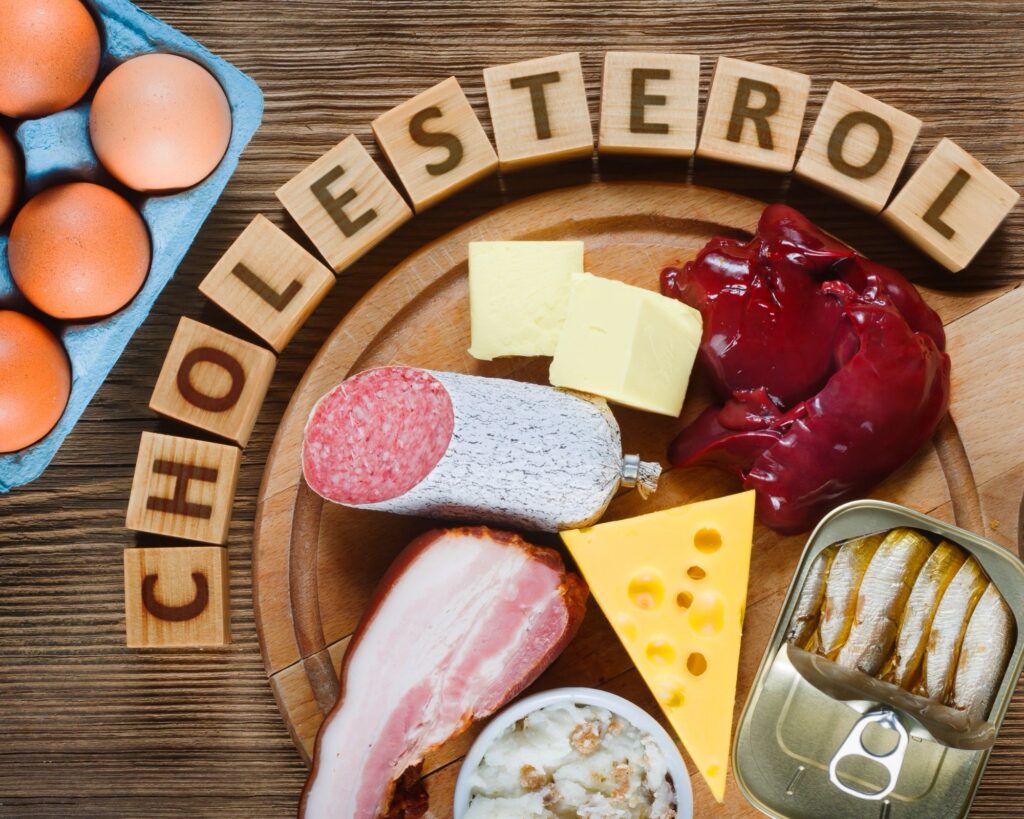
Beyond Cholesterol: Holistic Health Considerations for Men
Managing high cholesterol isn’t just about keeping numbers in check; it’s part of a broader mission to enhance overall health and wellbeing. This journey towards holistic health extends beyond diet and exercise, touching on various aspects of lifestyle and personal development.
Mastering Essential Skills for a Healthy Life
In pursuit of a balanced life, certain skills stand out as essential for every man. These include managing stress effectively, maintaining strong social connections, and cultivating mental resilience. Embracing these skills not only supports cholesterol management but also contributes to a more fulfilling life. For a deeper dive into essential life skills, consider exploring resources like “5 Essential Skills Every Man Should Master”, which offers practical guidance on personal development.
Addressing Common Health Concerns
While focusing on cholesterol is vital, men’s health encompasses a range of issues, from mental health to physical fitness and preventative care. Tackling topics like excessive sweating, a common concern for many, can improve quality of life and confidence. Resources such as “Common Questions About Managing Excessive Sweating for Men and Women” provide insights into managing such conditions effectively.
Moreover, understanding and managing other health issues unique to men, such as hormone imbalances or specific male health concerns, is crucial. Articles like “A Man’s Guide to Understanding and Managing Large Breasts and Inverted Nipples” address less-discussed health topics, offering guidance and reducing stigma.
Embracing a Life of Learning and Growth
Ultimately, the journey to managing high cholesterol and achieving holistic health is ongoing. It involves continuously acquiring knowledge, skills, and practices that support wellbeing. This path is not just about avoiding illness but thriving—physically, emotionally, and spiritually.
Engaging in lifelong learning, whether it’s refining your culinary skills to prepare heart-healthy meals, mastering a new form of exercise, or even learning how to change your car’s oil for personal empowerment (see guide here), contributes to a sense of accomplishment and autonomy. Each new skill or piece of knowledge not only enriches your life but also fortifies your health.
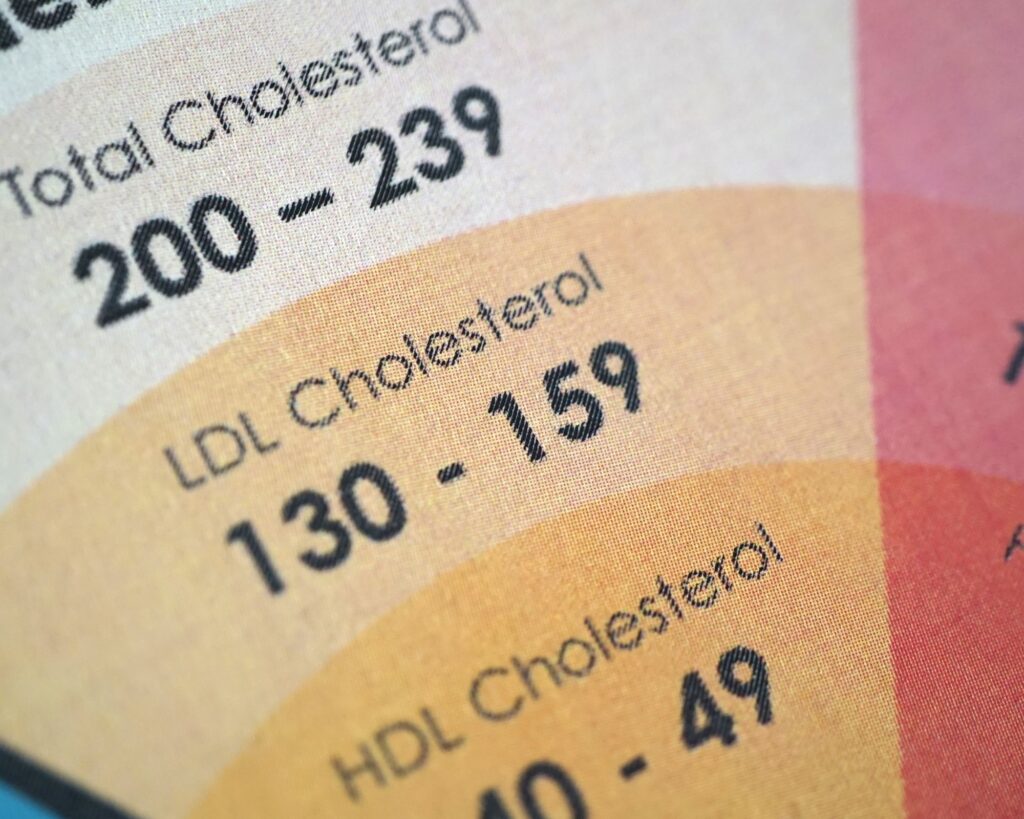
FAQs: Navigating High Cholesterol and Holistic Health for Men
As we wrap up our comprehensive guide on high cholesterol and overall health for men, let’s address some frequently asked questions that might still linger in your mind. These questions reflect common concerns and curiosities, offering concise answers to help you navigate your health journey more effectively.
Can I really lower my cholesterol just by changing my diet?
Yes, diet plays a significant role in managing cholesterol levels. Incorporating foods high in fiber, healthy fats, and lean proteins while reducing intake of saturated fats, trans fats, and processed foods can significantly impact your cholesterol levels. However, remember that individual responses vary, and some may also require medication alongside dietary changes.
How much exercise do I need to make a difference in my cholesterol?
The American Heart Association recommends at least 150 minutes of moderate-intensity aerobic exercise or 75 minutes of vigorous aerobic exercise per week for adults. Regular physical activity can help raise HDL (good) cholesterol and lower LDL (bad) cholesterol and triglycerides.
Are cholesterol-lowering medications safe?
Statins, the most common cholesterol-lowering medications, are generally safe and effective for most people. However, like all medications, they can have side effects for some individuals. Discuss with your healthcare provider about the benefits and potential risks based on your personal health history.
How often should I get my cholesterol checked?
Adults 20 years and older should have their cholesterol checked every 4 to 6 years, according to the American Heart Association. If you have a history of high cholesterol or other risk factors for heart disease, your doctor may recommend more frequent screenings.
Can natural supplements replace cholesterol medications?
Some natural supplements, like the ones mentioned earlier, may support healthy cholesterol levels. However, they should not replace medications prescribed by your healthcare provider without a thorough discussion. Supplements can complement your cholesterol management plan but always consult with a healthcare professional before making any changes.
Is it too late to start managing my cholesterol if I’ve neglected it until now?
It’s never too late to start making changes that benefit your health. While earlier intervention can prevent complications, taking steps now to manage your cholesterol can still significantly reduce your risk of heart disease and improve your overall health.
How does stress affect cholesterol levels?
Chronic stress can indirectly affect your cholesterol levels by leading to unhealthy lifestyle choices, such as poor diet and lack of exercise. Managing stress through healthy outlets is crucial for heart health and overall wellbeing.
As an Amazon Associate we earn from qualifying purchases through some links in our articles.
